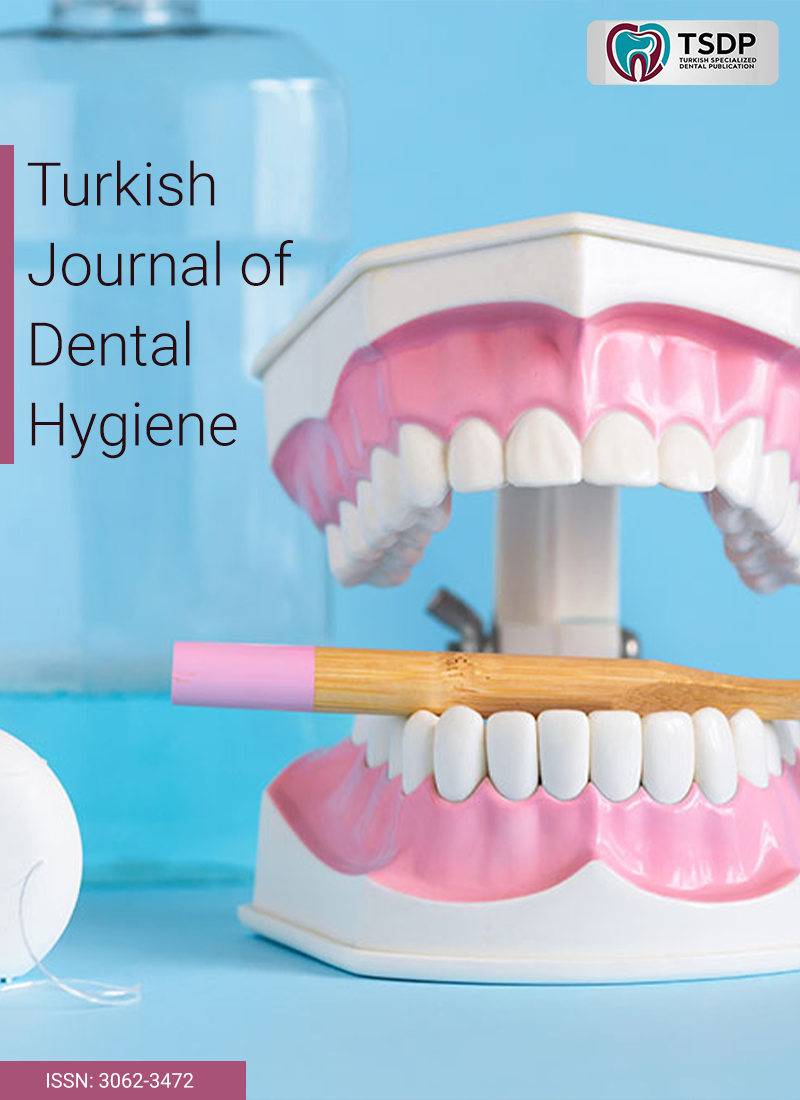
It is widely recognized that practicing oral hygiene is crucial for reducing the risk of oral cavities. To evaluate the risk factors for dental caries, such as gender and oral hygiene habits including using mouthwash, fluoride toothpaste, and brushing your teeth regularly. Three hundred people from a clinic of dental in Jeddah, Saudi Arabia, participated in this cross-sectional and comparative study. A questionnaire was utilized to evaluate oral hygiene habits and demographic data. Tests were performed to evaluate erosion scores, plaque indices, Streptococcus mutans (MS) counts, lactobacilli levels, buffering capacities, and salivary secretion rates. Gender was linked to erosion scores, plaque index, MS count, and buffering capacity. The high buffering capacity prevalence and MS counts were significantly greater among boys than girls. Furthermore, the average plaque index for boys was greater than that of girls. It is advised to implement oral hygiene health education programs designed to decrease the prevalence of dental caries among adolescents because oral hygiene behaviors can affect the likelihood of dental cavities. Regular tooth brushing and mouthwash use were linked to the rates of salivary secretion, and people who used non-fluoridated toothpaste had a higher development of lactobacilli than those who used fluoridated toothpaste.